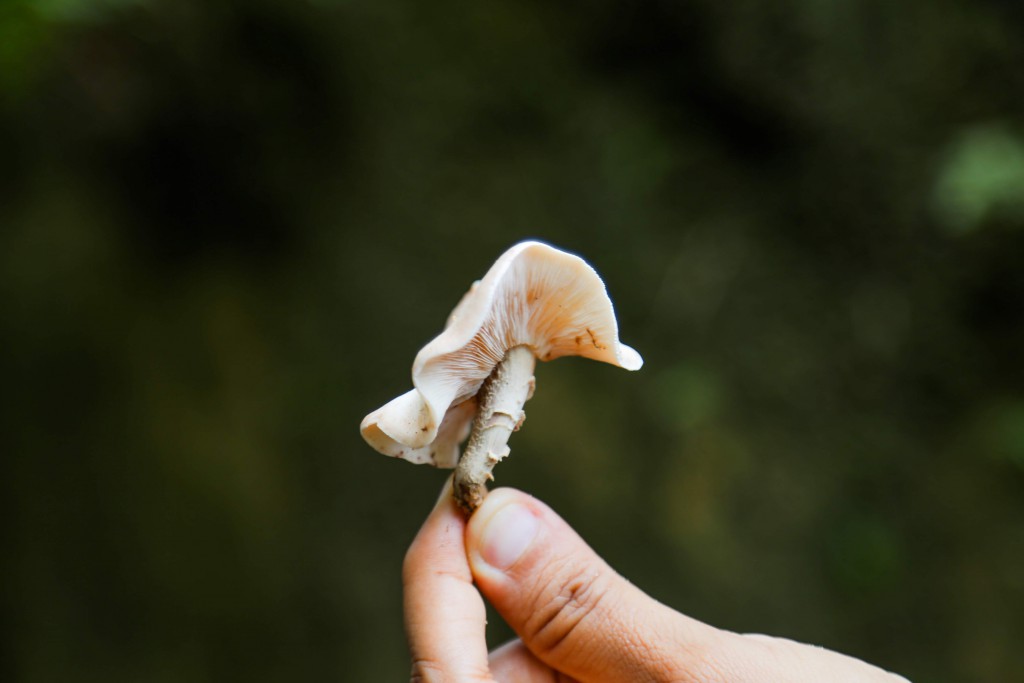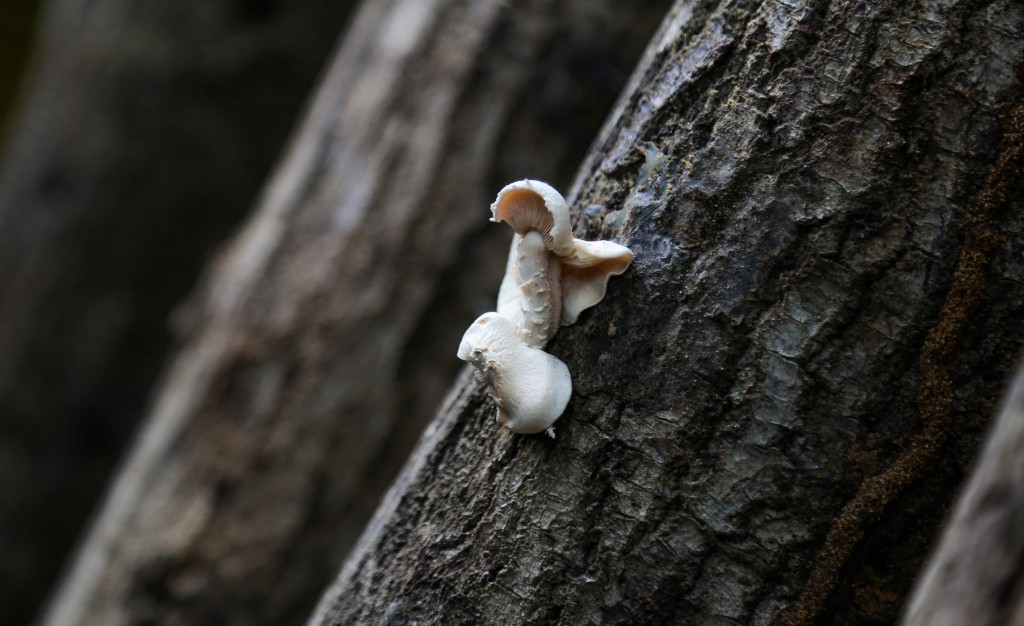Languages
Research with mushroom cultivation techniques supported by FAPEAM is carried out by CENBAM researcher, Dr. Ruby Vargas-Isla

The research was developed at the Laboratory of Food Microbiology of the National Institute of Research of the Amazon (INPA) and is part of the project "Production of Lentinula raphanica, an edible mushroom from the Amazon, using regional substrates", supported by the Research Support Foundation of the State of Amazonas (FAPEAM), through the Support Program for the Fixation of Doctors in Amazonas (Fixam / Am), call no. 022/2013.
According to the project coordinator and member of the Research Group Mushrooms of the Amazon, Dr. Ruby Vargas-Isla, the cultivation of mushrooms also known as fungiculture, constitutes one of the several possibilities of using the mushrooms, has been considered an excellent alternative food with high nutritional, gastronomic and economic value.
Species: L. raphanica obtained through the cultivation techniques used by researchers from Amazonas
Photo: Érico Xavier

Fungiculture of the species L. raphanica in logs of Bertholletia excelsa
Photo: Érico Xavier
The project contributed to advancing studies on the implantation of a new productive activity, the fungus of the species L. raphanica of natural occurrence in the state of Amazonas, using reforestation wood logs (Bertholletia excelsa), as well as in the dissemination of the edible species mainly in the gastronomy in the search for new flavors from the Amazon. In addition, the "Fungário" was also implanted at the Museum of the Amazon (Musa) as part of the dissemination to society about the biodiversity of fungi and to show some edible species found in the Adolpho Ducke Botanical Garden, located in Manaus-Am.
More information here.

